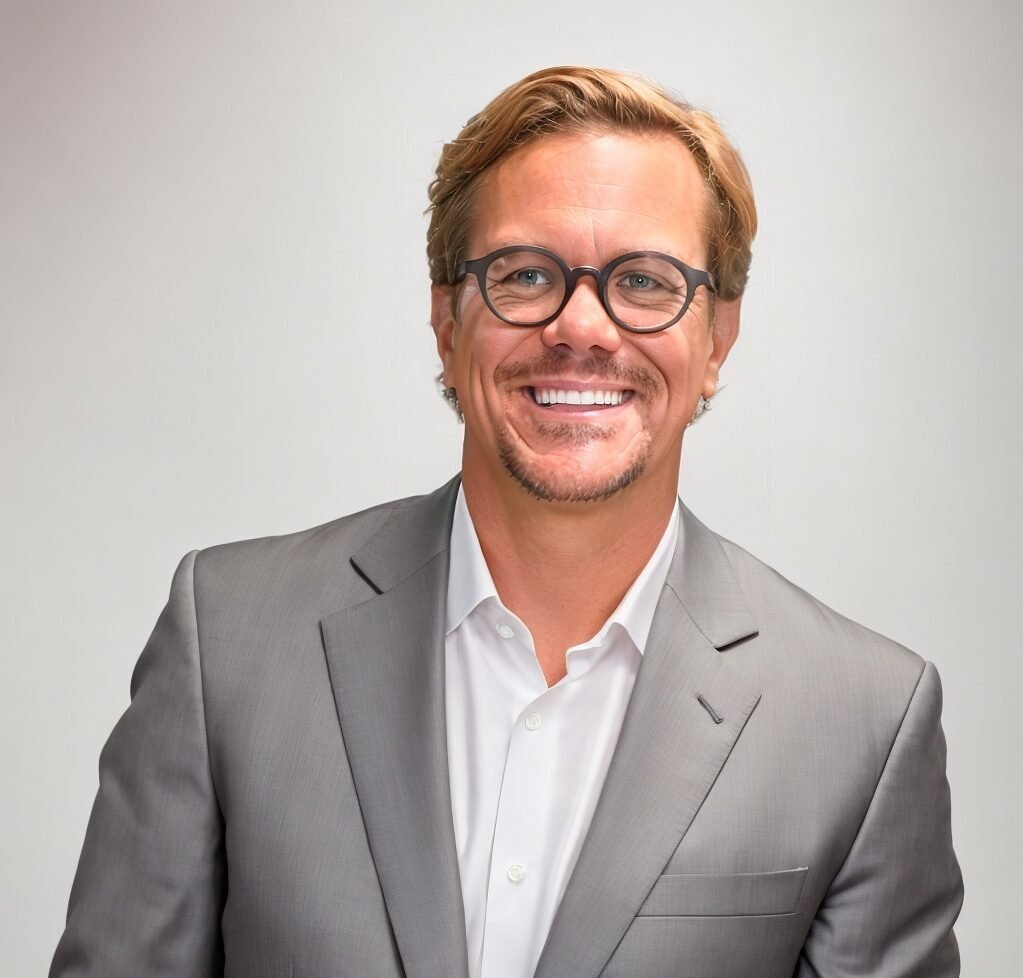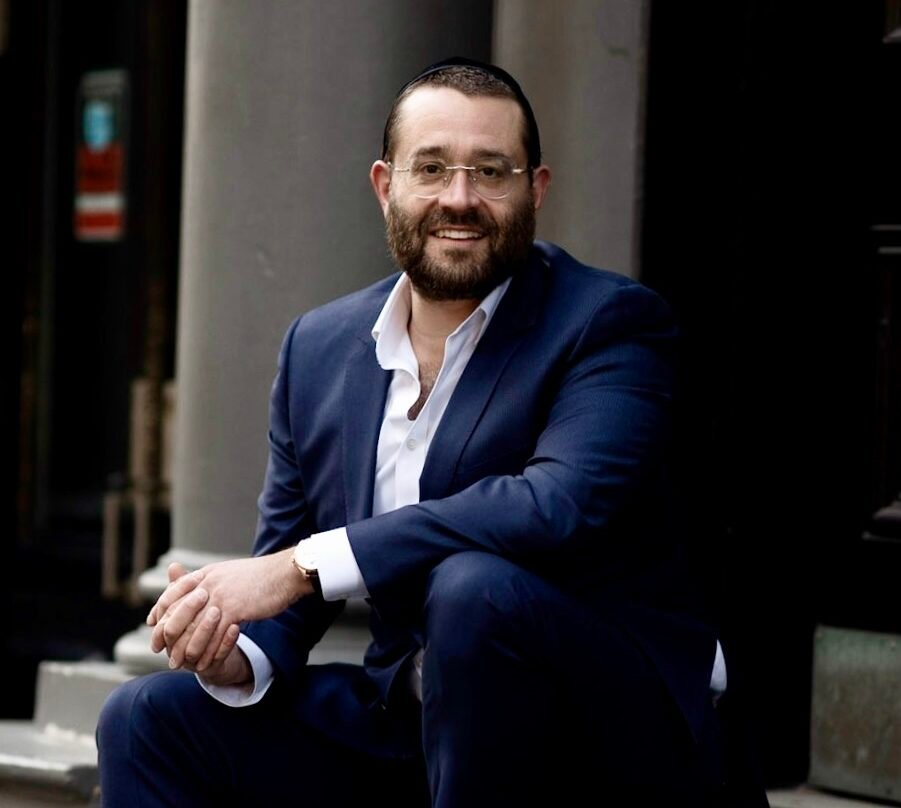I recently went one-on-one with Jeff VanDixhorn. Jeff is the founder and former CEO of Club Automation, the co-founder of Pickle Haus, and the co-founder of College Park Athletic Club.
Adam: Thanks again for taking the time to share your advice. First things first, though, I am sure readers would love to learn more about you. How did you get here? What experiences, failures, setbacks, or challenges have been most instrumental to your growth?
Jeff: My journey in athletic operations traces back to 1995 when I assumed leadership of College Park Athletic Club. At the time, we had just one club location in Deerfield, Illinois. Over the years, we expanded our operations to include Illinois, Wisconsin, and Indiana. As we grew and expanded to new locations, our most critical key to success was cultivating the right culture within our organization.
At the heart of our mission, we strive to instill a sense of accountability and create a compelling vision that inspires everyone to play an active role in creating shared success. It was essential that all team members understood our overarching objectives. We also sought to create a culture of problem-solving and help employees overcome challenges by equipping them with the necessary tools, which led to my second business venture.
As College Park Athletic Club continued to grow, we noticed a serious lack of the necessary technology for efficient front-end and back-end club management. As a result, we founded Club Automation, a software that solves for the operational challenges we face in our business. The development of Club Automation elevated our services and empowered our employees, and it also became a very successful business on its own. Club Automation is now considered the premier management software for athletic clubs across the country.
During my career, I learned that every seemingly small action taken has a significant impact in the long run. Building a business is a gradual, step-by-step process; it doesn’t happen overnight. It’s the accumulation of all those little efforts that culminate into something substantial. Many people mistakenly assume that success is achieved suddenly, but in reality, it’s the sum of every minor detail we attend to.
Currently, as we embark on our Pickle Haüs venture, we’re starting with a big vision. I recognize that it will depend on the consistent dedication and hard work of our team members, day in and day out, to bring this vision to fruition. One day, we’ll look back at Pickle Haüs and appreciate the application of this same principle and how the small things we do each day have contributed to the creation of something remarkable.
Adam: How did you come up with your business ideas? What advice do you have for others on how to come up with great ideas?
Jeff: Through our work at College Park Athletic Club, Pickle Haüs co-founder Benj Ecker and I observed the growing popularity of pickleball alongside the lack of indoor courts in the Chicago area. We developed a recreational pickleball program for the clubs.
At the same time, our partners at Hubbard Street Group, a leading Chicagoland real estate developer, noted the opportunities for adaptive reuse projects and became interested in the potential for a pickleball eatertainment venture. Their team of experts (Graham Palmer, Kage Brown, and John McLinden) reached out because of our athletic operations and racquet sports expertise, and they became our Pickle Haüs co-founders. Their expertise in real estate development and design, as well as their deep expertise in the Chicago market, was an ideal fit for the venture we wanted to create together.
For those seeking to generate great business ideas, my advice is to always keep your eyes open and be curious. Look for opportunities in your surroundings, and make it a regular practice to generate ideas.
Not all of them will pan out, but by exploring and thinking creatively, you increase your chances of stumbling upon a valuable concept. Taking a calculated risk is often necessary to bring your ideas to life. You don’t need to have every piece of information in place before making a move; sometimes, a willingness to take that initial step can lead to incredible opportunities.
Adam: How did you know your business ideas were worth pursuing? What advice do you have on how to best test a business idea?
Jeff: When I consider business ideas, I start from the vantage point of understanding the needs and problems we are trying to solve.
With Club Automation, for example, we identified needs that couldn’t be addressed with our existing resources. It became evident that if we had these issues, others likely faced the same challenges. We recognized that natural growth could come from providing solutions for people in similar situations.
With Pickle Haüs, we observed a need in our country and communities for social activities and ways to bring people together. This insight aligned with the growing trend of “eatertainment,” where people sought shared experiences coupled with food and beverage. We recognized that pickleball because it’s easy to play, inclusive, and suitable for large groups, could be a perfect fit.
To test a business idea effectively, start by being aware of your own desires and recognizing emerging trends or needs in your community and beyond. Look for unmet needs or problems that resonate with you personally.
Once you have a concept, take the time to validate it with potential customers, gather feedback, and iterate on your idea. Test it on a small scale, assess its viability, and be open to making adjustments based on the results. Keep a keen eye on trends and shifts in your target market, and always be ready to adapt to changing circumstances.
Adam: What are the key steps you have taken to grow your businesses? What advice do you have for others on how to take their businesses to the next level?
Jeff: The key steps I’ve taken to grow our businesses have been based on approaching opportunities deliberately and with discipline. My advice for others looking to take their businesses to the next level would be:
-
Take it one step at a time: Start by envisioning the future and what your business could become. Then, be disciplined in your actions to achieve success. Begin with a clear plan and execute it step by step. For example, in the case of our Pickle Haüs Algonquin location, we are using it as an opportunity to prove our concept and lay the groundwork. Success in the initial steps can lead to more opportunities. Continuously learn, adjust, and make necessary changes along the way.
-
Invest time to get better: Continuously invest in learning and improving. Growing a business isn’t an overnight process. It takes time and effort to build a plan, and then to continue refining your strategies, offerings, and operations so you can flexibly adapt to changes in the market.
-
Choose the right partners: When selecting individuals to join your journey, ensure that they align with your values and vision. Seek partners who share your values, culture, and business philosophy. They should complement your skill set and bring valuable expertise to the table. In our experience at Pickle Haüs, partnering with Hubbard Street Group has proven to be incredibly beneficial, and our concept has benefited from their remarkable skills in development, site selection, construction, and design.
Taking these steps and maintaining a long-term perspective can help your business thrive and reach the next level of success.
Adam: What are your best sales and marketing tips?
Jeff: Sincerity is key. Your genuine belief in your product or service should shine through and should emphasize the real, valuable experience it provides.
Avoid gimmicks or pushy tactics, and instead, share what you believe to be an outstanding experience. When you genuinely believe in your product, your message comes across authentically to the people you are trying to reach. Just as you seek to connect yourself with strong partners to build your business, you should also seek our marketing team members who are able to understand your authentic belief in your product and connect with the people who are ready to buy it.
Adam: In your experience, what are the defining qualities of an effective leader? How can leaders and aspiring leaders take their leadership skills to the next level?
Jeff: Effective leadership embodies several essential qualities.
-
One of the most significant attributes is what I call “servant leadership,” A leader should always be willing to do any task they would ask of their team. Effective leadership means leading by example and being actively engaged in the daily responsibilities of your employees. This fosters a sense of teamwork and also builds respect and trust within the organization.
-
Leaders should inspire and motivate their teams, creating an environment where team members are encouraged to perform at their best. You can achieve this by setting a compelling vision and creating a work atmosphere where employees feel valued and motivated.
-
Effective leaders understand that recognition and appreciation are powerful motivators that encourage employees to excel and feel a sense of belonging within the organization.
-
Leaders ensure team members have the necessary resources to perform their jobs effectively. This could include investing in technology, refining processes, or facilitating skill development. When you provide the right infrastructure, you empower your team to achieve better results.
-
Leaders instill the belief that every task, no matter how small or seemingly insignificant, contributes to a larger purpose. They foster a culture of diligence and dedication where every team member’s contribution is valued.
-
Leaders seize opportunities. They understand that the skills and experiences gained from even the most basic or menial tasks can be instrumental in future efforts. A well-rounded understanding of the business is invaluable and equips leaders to make informed decisions and drive the organization forward.
Adam: What is your best advice on building, leading, and managing teams?
Jeff: It’s crucial to strike a balance between skill set and cultural fit.
While having the right skills for the job is important, cultural alignment, supported by energy and passion, takes precedence. Skills can often be developed, but the right attitude and shared values within a team are intrinsic qualities that significantly impact success.
When you nurture talent and retain team members who grow in skills and in leadership, they contribute to your long-term success.
Adam: What are your three best tips applicable to entrepreneurs, executives, and civic leaders?
Jeff: 1. Prioritize People and Culture: Regardless of your role, putting people first and nurturing a positive organizational culture is paramount. A strong and motivated team can drive success in any endeavor. Focus on creating an environment where people feel valued and are aligned with the organization’s values.
2. Vision and Execution: Effective leaders should strike a balance between having a clear vision of the future and the ability to execute the necessary tasks today. A vision provides direction, but it’s the day-to-day actions that bring it to life. Both aspects are crucial for sustained success.
3. Seek Valuable Partnerships and Mentorship: The journey of an entrepreneur, executive, or civic leader can often be lonely and daunting. To counter this, seek out great partners and mentors. Build supportive relationships with those who have experience and can provide guidance and perspective. It eases your journey and it can also open doors to new opportunities and insights.
Adam: What is the single best piece of advice you have ever received?
Jeff: A piece of advice that’s stayed with me long-term dates back to a service industry role I held in college. My boss told me when dealing with difficult situations, the key is to “kill them with kindness.”
This advice taught me the power of maintaining a positive and gracious attitude even in the face of adversity.
Additionally, as an entrepreneur, I’ve learned the importance of slowing down occasionally to recognize and appreciate all the blessings and positivity in my life.
Adam: Is there anything else you would like to share?
Jeff: Our journey into this venture was driven by a shared vision between the leaders of Hubbard Street Group and College Park Athletic Club.
We recognized an increasing demand for top-tier ‘eatertainment’ experiences, and we were determined to fulfill this need. We wanted to create a unique destination for active socializing and to foster connection and community at Pickle Haüs.
We recognized the value of strong partnerships as we built out this venture. For example:
-
Partnerships with establishments like West Town Bakery and Backlot Coffee allowed us to champion local entrepreneurship.
-
Working with Chef Sheamus Feeley of Food is Family allowed us to create a casual yet
elevated dining experience. Sheamus is a former Featured Chef at the prestigious James Beard House and has been a participant in the James Beard Celebrity Chef Tour.
-
We are also collaborating with industry leaders such as Joola USA for top-notch Pickleball equipment and Full Swing for our cutting-edge golf simulators. We wanted every aspect of our venture to reflect our commitment to quality and innovation.









